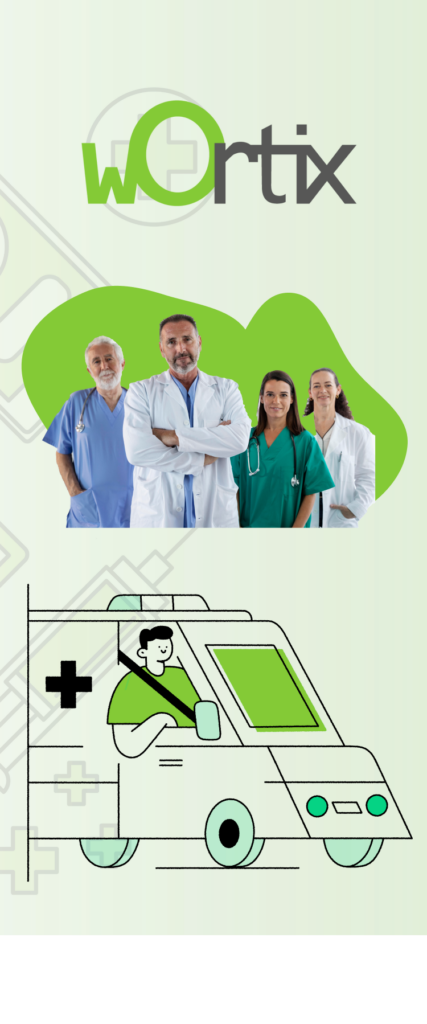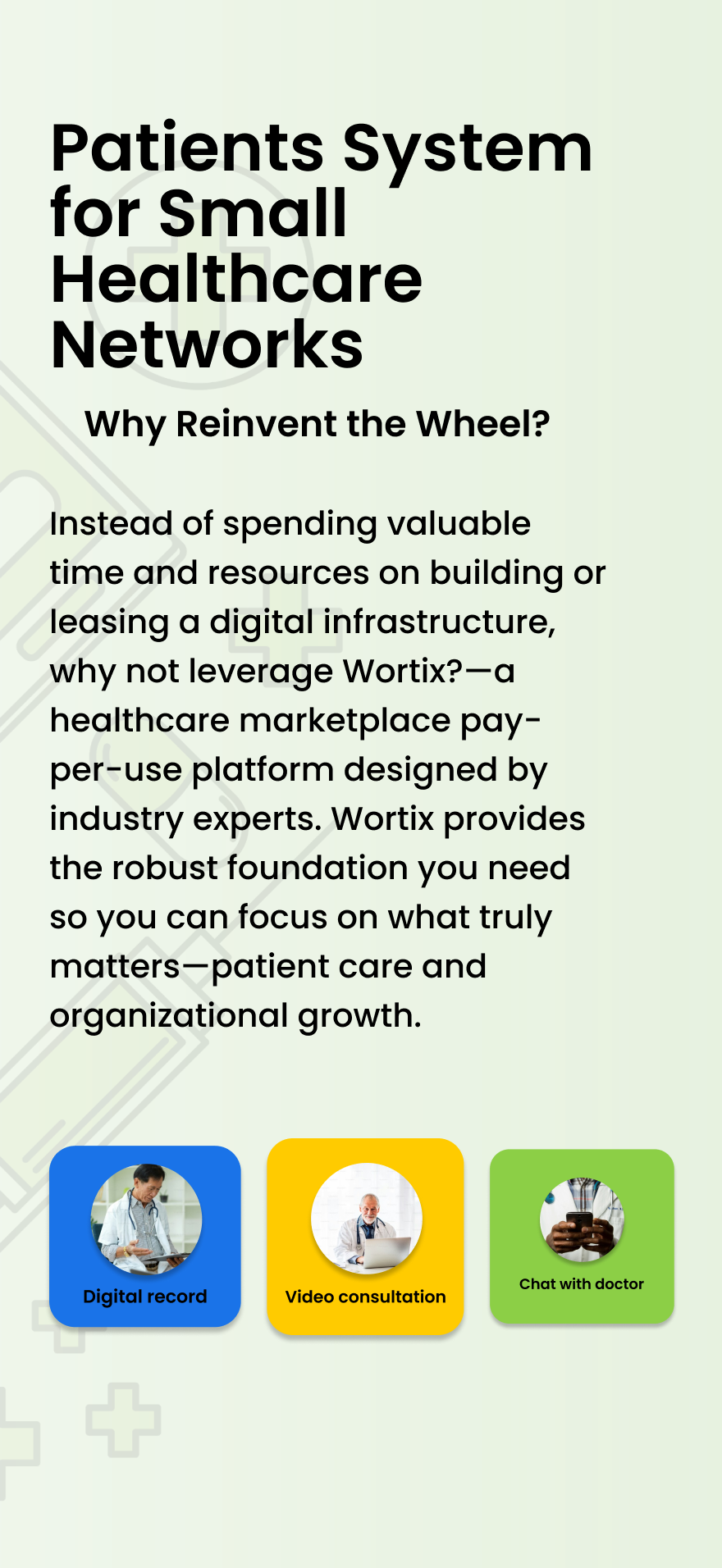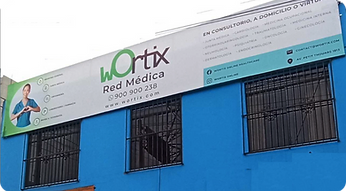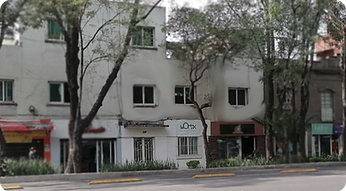In our healthcare organizations, security is the cornerstone of our decisions. Collectively, we recognize that safeguarding data confidentiality and ensuring secure environments are essential for delivering quality healthcare. We explore the critical importance of security in our decisions to build a stronger and reliable healthcare system.
But, above all, how its proper implementation can ensure quality care and protect patient confidentiality.
Importance of data security in decision-making
Data security in healthcare is essential to protect patients’ personal and sensitive information. When making data-driven decisions, healthcare organizations rely on the integrity and reliability of information. Implementing appropriate security measures, such as data encryption, restricted access, and user authentication, helps prevent security breaches and ensures the protection of confidential information.
This not only complies with privacy and data protection regulations but also builds trust between patients and healthcare providers.
Prevention of errors and risks:
As we know, healthcare organizations handle a vast amount of information, including medical histories, test results, laboratory reports, and prescribed medications. If these data are not adequately protected, there is a risk of errors, such as information loss, incomplete records, or even malicious data manipulation.
By implementing robust security measures, risks associated with data integrity and accuracy are minimized, allowing for informed and reliable decision-making.
Secure and shared collaboration:
Decision-making in healthcare often involves collaboration among different healthcare professionals. Data security plays a crucial role in secure and shared collaboration among interdisciplinary teams. Secure technological solutions, such as online communication platforms, allow healthcare professionals to share information securely and efficiently, facilitating collaborative decision-making and improving care coordination. Implementing appropriate security measures ensures that only authorized individuals have access to information, and communication is conducted confidentially.
What specific security measures can be implemented to protect patient privacy?
Each healthcare organization must assess its specific needs and contexts to implement a comprehensive and personalized information security approach. Additionally, collaborating with information security experts and complying with applicable regulations and standards is crucial to ensuring effective patient privacy protection. Several specific security measures can be employed by healthcare organizations to protect patient privacy, and in this section, we have considered the most effective from a technological perspective:
- Access restrictions: Limit access to medical information only to healthcare professionals who need it to provide patient care. This is achieved by implementing authentication systems, such as secure passwords, and limiting access privileges based on each user’s role and responsibility.
- Data encryption: Use encryption techniques to protect confidential information while it is stored or transmitted. This ensures that data is only readable by authorized parties and minimizes the risk of interception or compromise by unauthorized individuals.
- Auditing and monitoring: Implement auditing and monitoring systems to track who accesses patient information and what actions they perform. This helps detect any suspicious or unauthorized activity and allows for timely preventive and corrective actions.
- Training and awareness: Provide regular training to all organization staff on information security policies and procedures, as well as best practices in handling confidential data. This helps create a security culture in the work environment and ensures that all employees are aware of the importance of protecting patient privacy.
- Clear privacy and data protection policies: Establish clear policies and procedures regarding privacy and data protection, and ensure they are communicated and understood by all staff. This includes compliance with privacy regulations and standards, such as the General Data Protection Regulation (GDPR) in Europe or the Health Insurance Portability and Accountability Act (HIPAA) in the United States.
- Physical security: Implement physical security measures in the organization’s facilities, such as access control systems, security cameras, and secure locations for the storage of paper medical records. This helps prevent unauthorized access to confidential information.
- Security updates and patches: Keep systems and software up-to-date with the latest security updates and patches. This helps close potential vulnerabilities and protect data from potential external threats.
By implementing these security measures, healthcare organizations can create a more resilient and protected environment against potential threats, ensuring patient data privacy in a healthcare network.

Now, what is the importance of data security for healthcare networks?
The importance of data security for our healthcare networks is undeniable. As an organization committed to health and well-being, we recognize that information security is essential for several reasons:
Firstly, we protect the privacy of our patients. Medical information is extremely sensitive, and ensuring its security is essential to maintain the confidentiality and integrity of personal data. In doing so, we build and maintain the trust of those we serve.
Similarly, we comply with rigorous privacy regulations and laws, such as the Health Insurance Portability and Accountability Act (HIPAA), to ensure that our practices align with ethical and legal standards. Regulatory compliance is not only a legal requirement but also a commitment to ethics and transparency.
It is also necessary to highlight that data security not only protects against external threats, such as cyberattacks and unauthorized access, but also prevents internal incidents that could compromise information. This includes the implementation of robust security measures to ensure data confidentiality, integrity, and availability.
On the other hand, data security is essential to ensure service continuity. Disruptions in our operations could have serious consequences for the health of our patients. By maintaining secure systems, we ensure the constant availability of quality healthcare services.
In a world where interorganizational collaboration is key, data security facilitates secure information sharing among different healthcare entities. This improves care coordination, optimizes resources, and strengthens operational efficiency.
Final reflections
As an organization committed to excellence in healthcare, we recognize the vital importance of data security in our daily decisions. Safeguarding the privacy and integrity of information is not only an ethical duty, but also an imperative to ensure the trust of our patients and regulatory compliance.
Data security not only protects us against external and internal threats but also ensures the continuity of our services, allowing us to provide consistent quality healthcare. By investing in data security, we strengthen our ability to collaborate, coordinate, and improve operational efficiency. Together, we build a secure and reliable environment that supports our mission of providing comprehensive and patient-centered care.
We invest in data security to safeguard the health and trust of our community. We are committed to continuing to leverage this network of networks to continually improve healthcare and deliver exceptional results. Discover how Wortix can connect healthcare services in a single digital environment, providing comprehensive and personalized healthcare.
**
Sources consulted:
https://www.fortinet.com/resources/cyberglossary/healthcare-data-security
https://www.gartner.com/en/documents/3564817
https://hbr.org/2018/03/engaging-employees-in-health-care-data-security















